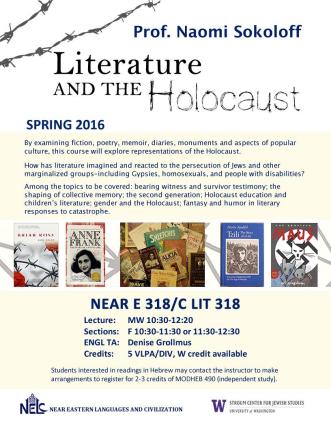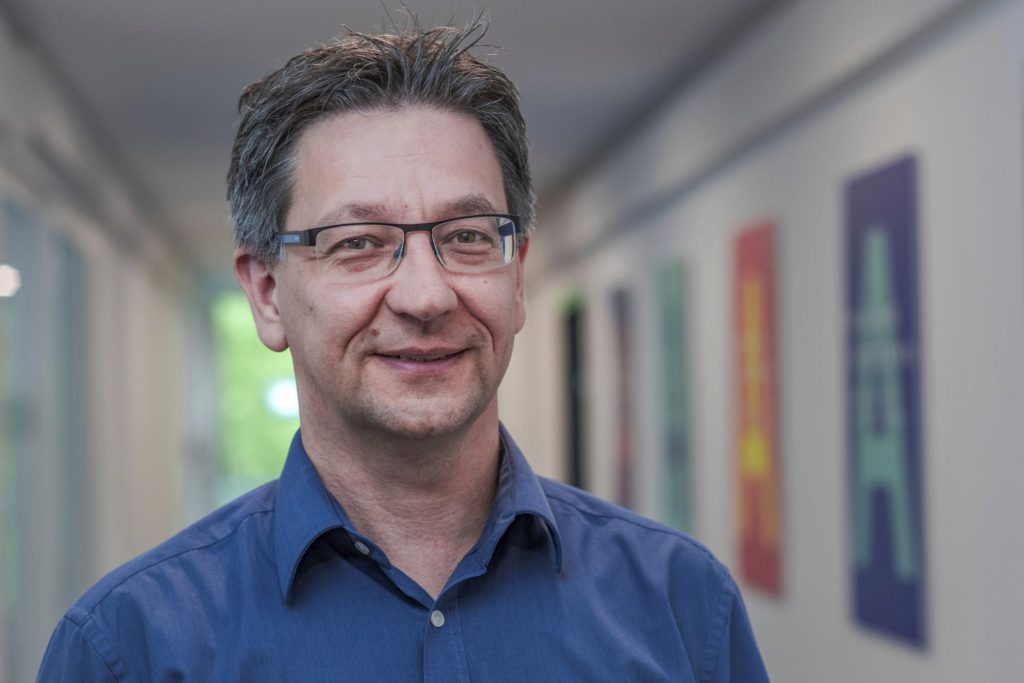
Most Popular Stories
· For starters, Holocaust education is done most effectively in analytical, low-temperature environments, so we must stop describing antisemitism as something to be “combated” or “tackled.” Using the This dissertation focused on the applicability of Fogelman‘s () model describing the process of becoming a rescuer during the Holocaust (i.e., Awareness, Action, Rescuer Self, and Post War) to children‘s literature about the Holocaust. The study attempted to bridge a gap between what is known from children‘s literature aboutAuthor: Karen Lynn Green · In this dissertation I have studied fifty years of narrating the Holocaust in history textbooks for upper secondary education, published between and , in North Rhine-Westphalia (one of the federal states of Germany) and the Netherlands
Educators and attitudes: Holocaust education in Orthodox day schools
If Holocaust education cannot help but impart lessons in ethics and civics, emotion is central to such an education. This is not to say, of course, that emotions are the only, or even the main, concern of teachers of the Holocaust; clearly, Holocaust educators must confront historical and literary issues that need not be figured as cenCreated Date: Z the relationships between each of the four educator demographic variables and the 13 holocaust-related topics were analyzed utilizing the spearman correlation coefficient.;results from the first part of the study suggested that almost all of the respondents (98% valid), most of whom were classroom teachers, supported teaching about the · For starters, Holocaust education is done most effectively in analytical, low-temperature environments, so we must stop describing antisemitism as something to be “combated” or “tackled.” Using the

Publication
play with respect to Holocaust education and human rights education for students who visit these sites. It was conducted by the Living History Forum in Sweden, with the assistance of academics and practitioners from memorial sites, museums and universities. The experts came from Germany, the Netherlands, Poland, Switzerland and the The Holocaust has come to have a prominent place in much international educational discourse during the last generation, since the collapse of the Berlin Wall and the USSR that unfroze the memory of the Shoah in much of Europe (Judt , 3) and, in particular, in the years since the Stockholm Declaration of (International Holocaust Remembrance Alliance n.d.) and the Pages: This dissertation focused on the applicability of Fogelman‘s () model describing the process of becoming a rescuer during the Holocaust (i.e., Awareness, Action, Rescuer Self, and Post War) to children‘s literature about the Holocaust. The study attempted to bridge a gap between what is known from children‘s literature aboutAuthor: Karen Lynn Green

If Holocaust education cannot help but impart lessons in ethics and civics, emotion is central to such an education. This is not to say, of course, that emotions are the only, or even the main, concern of teachers of the Holocaust; clearly, Holocaust educators must confront historical and literary issues that need not be figured as cenCreated Date: Z · On the occasion of the Swedish IHRA Presidency, a reunion was organized on the 13 June for Swedish teachers who had been to The Yadvashem school. The aim of the day was to reconnect to the experiences from Yad Vashem, and discuss the contemporary and future needs in Sweden for elaborated teaching and learning on the Holocaust and antisemitism As a number of scholars have noted, this is not true in the strictest sense of ‘unspeakability’, as much has been written, and indeed said, on the subject of the Holocaust. Even on the level of historical record, which methodologically adheres to hard fact and traditionally rejects survivor testimony as too ‘imaginative’:2

As a number of scholars have noted, this is not true in the strictest sense of ‘unspeakability’, as much has been written, and indeed said, on the subject of the Holocaust. Even on the level of historical record, which methodologically adheres to hard fact and traditionally rejects survivor testimony as too ‘imaginative’:2 play with respect to Holocaust education and human rights education for students who visit these sites. It was conducted by the Living History Forum in Sweden, with the assistance of academics and practitioners from memorial sites, museums and universities. The experts came from Germany, the Netherlands, Poland, Switzerland and the · In this dissertation I have studied fifty years of narrating the Holocaust in history textbooks for upper secondary education, published between and , in North Rhine-Westphalia (one of the federal states of Germany) and the Netherlands
No comments:
Post a Comment